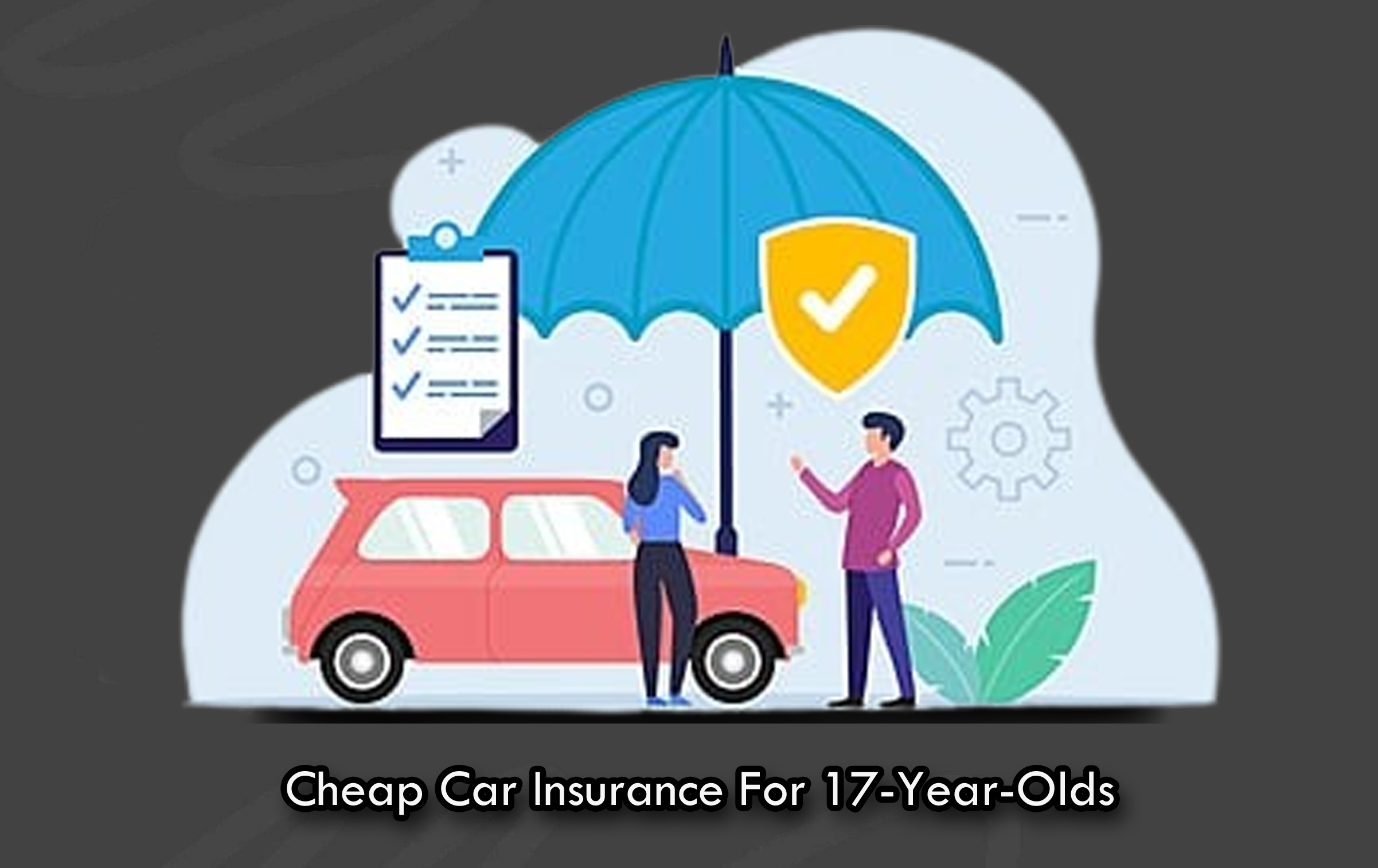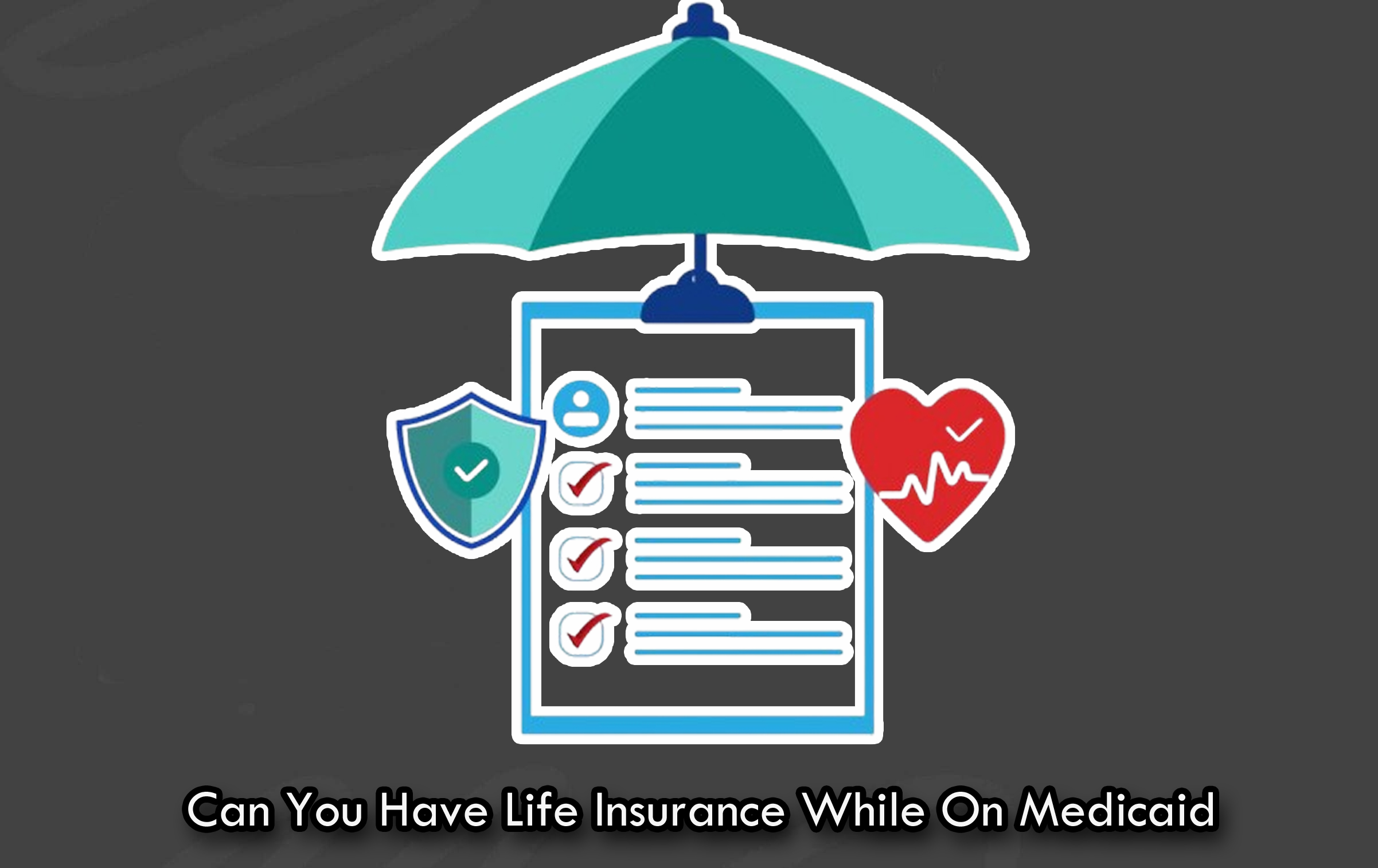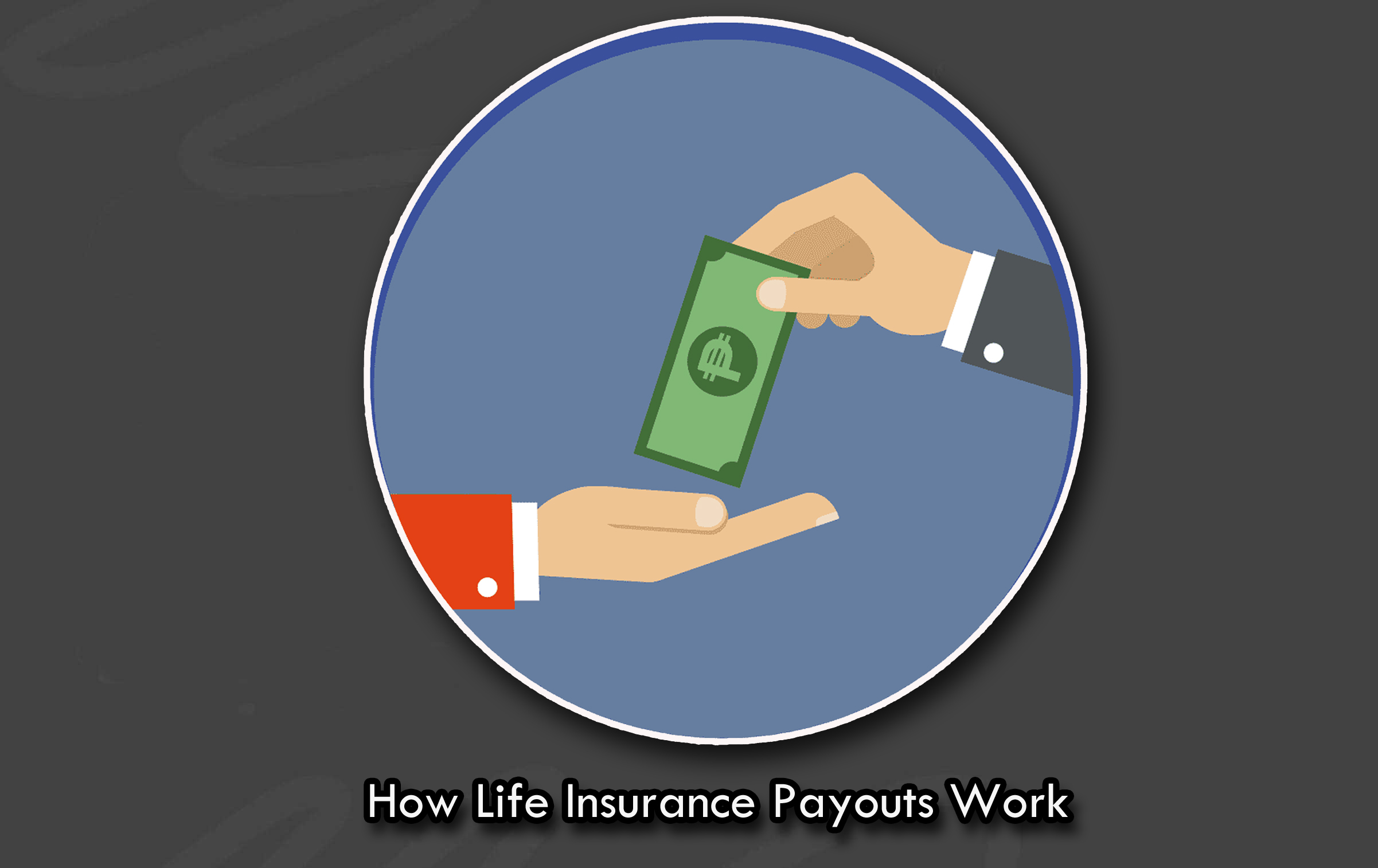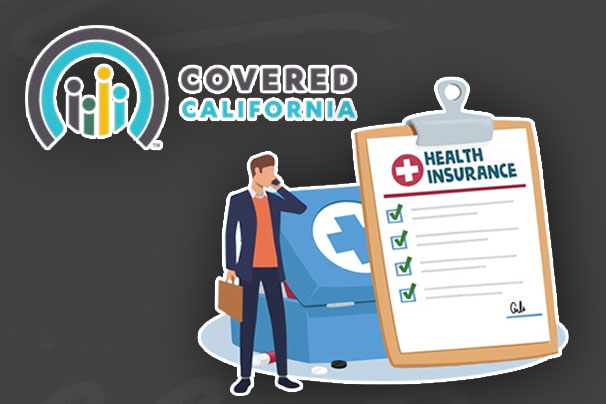Cheap Car Insurance For 17-Year-Olds – Generally, 17-year-old drivers receive higher car insurance rates than older drivers. This is because they are considered high-risk of insuring.

Teen drivers, especially at 17, are more likely to get into accidents and file claims. However, there are affordable car insurance options for 17-year-olds that offer competitive rates and reasonable premiums.
Many insurance companies provide cheap coverage for young drivers, often with discounts for those with a clean driving record. On average, a full coverage policy for a 17-year-old costs around $4,541 per year.
Some insurers may charge more, while others offer rates as low as $2,314 annually. This blog post will explore the cheapest car insurance options for 17-year-olds.
Average Car Insurance Cost For 17-Year-Olds
Being knowledgeable about the average cost of including a 17-year-old in your insurance policy may help you stay prepared for when they start driving.
In the table below, the average yearly full and minimum coverage premiums for 17-year-olds are illustrated:
| Average Yearly Full Premium | Average Yearly Minimum Coverage Premiums | |
| 17-year-old | $4,541 | $1,375 |
| Average insurance rate | $2,314 | $644 |
| Average Insurance Premium Increase | $2,227 | $731 |
These rates are for drivers with an outstanding driving record. 17-year-old drivers with bad at-fault accidents or moving violations on their record will generally get higher insurance rates.
Aside from this, there are other factors like car make and model, car claim record, and miles driven yearly that affect your car insurance cost.
Best Cheap Car Insurance For 17-Year-Olds
The best cheap car insurance for 17-year-olds depends on the driver’s car needs as well as their budget.
While including them in their parent’s car insurance policy is one of the best ways to get them insured, several car insurance companies offer car insurance to 17-year-olds as a standalone policy.
However, the following are the best cheap car insurance for a 17-year-old:
Allstate
This insurance company may not be the cheapest car insurance for a 17-year-old. But it offers a variety of saving opportunities. Allstate offers a Drivewise program that helps 17-year-old drivers learn safe driving habits. And it allows parents to monitor their driving habits.
This program allows parents to save on car insurance for teen drivers. Aside from that, Allstate also offers a Safe Driving Bonus to drivers who qualify for it (whether teen or old). It rewards drivers $100 every six months they are not involved in an accident.
Amica
Amica offers teen drivers an abundance of discount options and perks. This insurance company offers several additional coverages on car insurance policies.
These additional coverages include gap insurance, rental car reimbursement, roadside assistance, and glass coverage.
Amica also offers different discounts to parents with student drivers. Aside from these, this car insurer offers discounts to drivers under the age of 21 who complete an approved driver program.
Erie
If you are looking for an insurance company that offers competitive rates for 17-year-olds, Erie is the best option to consider. This insurance company offers a wide range of coverage types as well as discounts designed for 17-year-olds. Erie offers a Rate Lock feature that allows policyholders to lock their insurance rate and only experience a change if they make adjustments to their insurance policy. These changes include address and car. Discounts are also offered to unmarried drivers under the age of 21 who live under their parents.
Nationwide
Generally, this insurer has the most affordable and lowest car insurance rates for 17-year-olds. It offers discounts with affordable insurance rates, different coverage options, and available insurance discounts.
It offers special car insurance coverage options that include accident forgiveness to help drivers avoid increases in rates on their first at-fault accident.
However, full-time high school and college student drivers between the ages range of 16 and 24 with at least a B grade are eligible for discounts on their car insurance premiums.
State Farm
State Farm may be a good option for those whose parents or guardians would like to keep them on their policy.
This insurance company offers a large range of insurance and financial products managed and sold by a large network of over 19,000 local agents.
Teen drivers may be able to save money through State Farm by taking driver education courses. Being good students, and taking part in State Farm’s Steer Clear safe driving program that monitors young drivers’ driving habits.
What Is The Best Car Insurance Company For 17-Year-Olds?
There are no specific insurance companies best for 17-year-olds. The best insurance company for a teen driver depends on the choice and budget.
To find the best, it is important to consider your priorities. For instance, if your family doesn’t use the road much, low-mileage insurance may be a good option.
However, to find the best for you, compare insurance company quotes and rates to find the one that fits into your budget.








